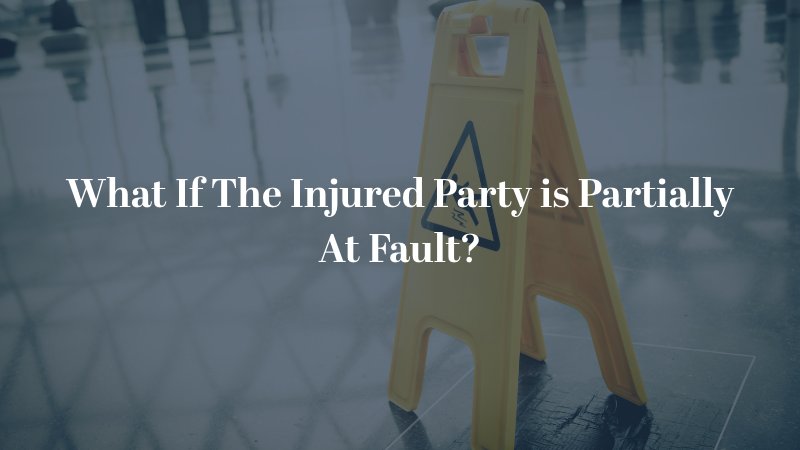Customer injuries in retail environments are unfortunately frequent occurrences. From accidental slips on wet supermarket floors to falls resulting from poorly organized merchandise, there’s an array of potential risks customers face when they shop.
In the realm of personal injury law, one fundamental aspect to comprehend is liability – who is legally responsible for your accident and who should bear the costs. This typically turns on whether negligence can be proven against a party involved like a store or a third-party contractor.
Understanding how and when retailers might be held liable for customer injuries that occur in their stores provides awareness about your rights as a consumer and insight into proceedings if you’re faced with such an unfortunate experience.
When is a Store Liable For Customer Injury?
A retailer’s obligation to maintain a safe environment is at the heart of determining its liability for customer injuries. Retailers, such as department stores or supermarkets, have a legal responsibility – known as a duty of care – towards anyone conducting legitimate business on their premises which includes shoppers and employees alike.
This duty dictates that they must take reasonable precautions to ensure safety and it requires them to address potentially hazardous conditions promptly. This could involve clearing wet floors swiftly, making sure aisles remain uncluttered, or adequately securing merchandise on store shelves.
A store may be held liable if it’s found that they neglected this duty of care resulting in an injury if the accident transpired due to conditions the owner was aware of (or should’ve been) without taking remedial steps quickly enough.
Are Store Owners Liable For Injury to Trespassers?
Generally, store owners owe a minimal duty of care concerning the safety of trespassers – someone who enters their premises without consent or permission at a time when the store is not open to the public. As such, if a trespasser is injured while unlawfully on the premises, typically the owner isn’t held legally responsible for those injuries.
An exception to this rule is when injuries are caused by intentional acts of harm by property owners against trespassers or if there are deliberately set traps on the property which cause harm.

What if The Injured Party is Partially at Fault?
In some cases, the person injured in a slip and fall accident may bear partial responsibility for their own injuries. Washington D.C., unlike most jurisdictions, follows an unusual approach known as “contributory negligence”. In this system, if you are found to be even 1% at fault for your accident or injury caused by slipping or falling on someone else’s property, you would not have any right to compensation.
It certainly sounds extreme and indeed it is when compared to how most other states operate (usually, compensation is just reduced by the victim’s percentage of fault as long as they aren’t more than 50% at fault).
This stringent contributory negligence rule in Washington D.C. makes it even more critical to have skilled legal representation when filing a slip and fall claim. Experienced attorneys can help establish clear evidence of a store owner’s full responsibility for the incident while countering any attempts by opposing counsel to shift blame onto you.
Ultimately, working with a lawyer in Washington D.C. who is well-versed in personal injury law will significantly enhance your chances of successfully navigating this situation. If you need help, contact us today to schedule a free consultation.